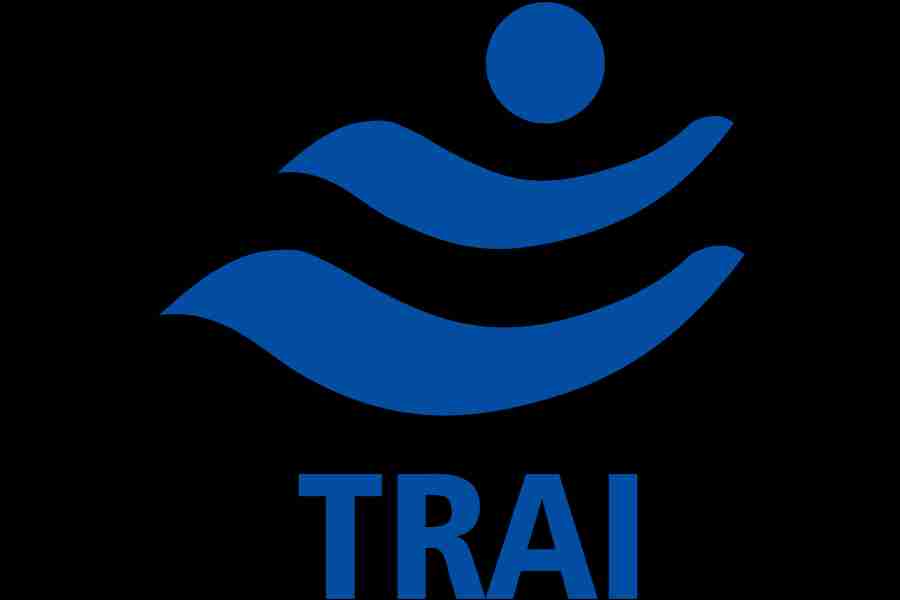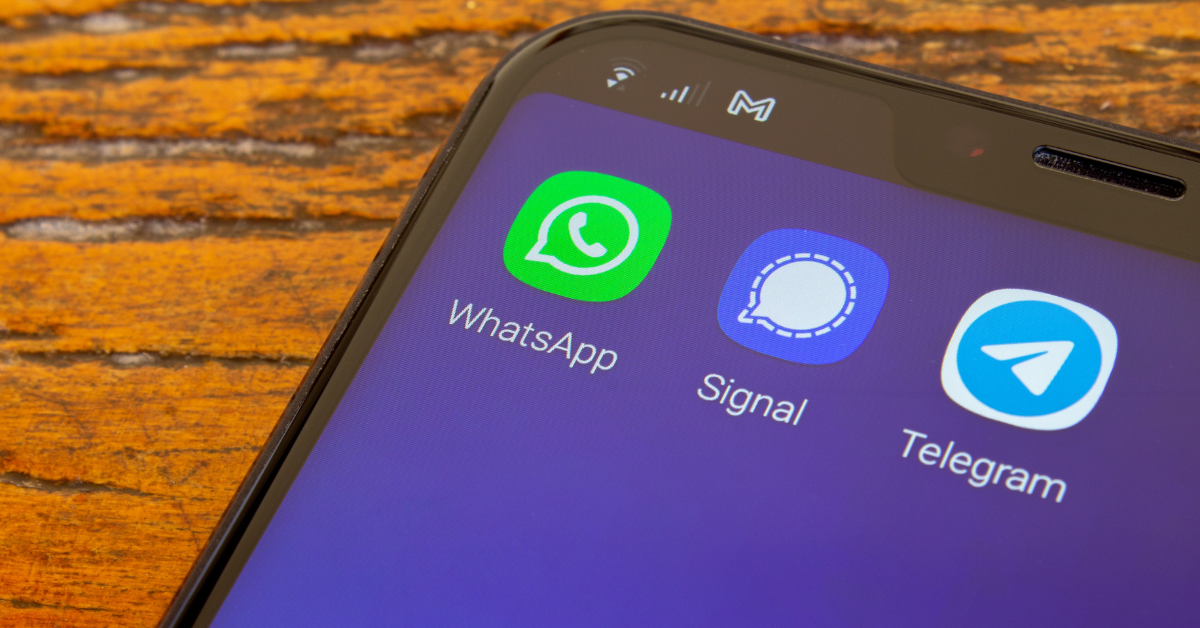The Notion Of Selective Banning Of OTT Apps: Will TRAI Keep An Eye On Your Whatsapp Chats?
The subject of regulating OTT operators is controversial, with most internet activists and groups representing these app providers, such as IAMAI, Nasscom, and the US-India Business Council, opposing any regulatory structure. OTT providers have maintained that they are already regulated under the IT Act and that adding further laws would hinder innovation.

After the strong regulations over the finfluencers from SEBI, the next number of OTT platforms are now. The Telecom Regulatory Authority of India, aka TRAI, has started a consultation to see if over-the-top (OTT) apps like WhatsApp and Signal should be regulated. Telecom firms have long opposed app developers because the service does not necessitate any security or financial commitment. Trai has outlined 14 issues in the new consultation, including defining OTTs, asking if they need to be regulated, and what regulations or rules should be in place if justified.
The problem divides app developers and the startup community against telecoms. The Trai would also consider selectively prohibiting OTT services during times of widespread public disturbance. Telcos have long advocated regulating communication apps since they provide comparable services without the security and financial constraints of being a licensee. The subject of regulating OTT operators is controversial, with most internet activists and groups representing these app providers, such as IAMAI, Nasscom, and the US-India Business Council, opposing any regulatory structure. OTT providers have maintained that they are already regulated under the IT Act and that adding further laws would hinder innovation.

Trai issued an 87-page consultation document on the regulatory system for OTT communication services and selective banning on Friday after the Department of Telecommunications (DoT) requested to review its 2020 proposals. Trai had previously advocated that OTT services not be regulated.
However, given the broad acceptance and usage of these applications and services, the DoT warned Trai last year that there was a need to investigate regulatory, economic, security, privacy, and safety issues.
Who should come first, the consumer or national security?
The regulator has solicited feedback on technical ways to lessen the risks associated with selective app banning. Any attempt to even selectively ban over-the-top apps such as WhatsApp, Telegram, or FB-Messenger, amongst others, would be draconian and anti-consumer, as it would deprive millions of mobile users of their choice to make data calls to stay connected, especially amid surging call drops on telco networks, a tech industry expert said.
However, a top executive from one of the Big 3 telco said that customer choice will have to take a back seat in the wider interest of national security. If internet shutdowns can occur regularly in select locations on national security grounds, there’s no reason why OTT-based communication apps can’t be controlled or selectively disabled entirely in the event of a perceived security threat in a specific location; the government must have the option to clamp down, regulate, monitor, and access logs in real-time should the situation warrant it in a particular site.

According to Trai, websites that utilise dynamic IP addresses and are hosted on cloud servers might provide a challenge to traditional blocking approaches. It said that advanced techniques can be used to detect and prohibit access to such websites. The parliamentary standing committee addressed the problem of selective banning, recommending that the DoT investigate the topic and develop a policy since such networks might be exploited by terrorists and other criminals.
Why is there a need for selective banning in OTT platform?
A common man can exert pressure on the selective ban by asserting that the majority of Indian OTT platforms are alive only because of vulgarity and inappropriate content. Well, that’s not wrong!
Conclusion.
From the perspective of the common man, it seems that Trai has already caused confusion. They use the term “OTT” to describe texting apps. However, they are significantly dissimilar. The majority of people do not view WhatsApp and comparable applications as OTT. When discussing OTT, people typically think of Netflix, Prime, Zee5, etc. It is surprising to see that TRAI does not differentiate between OTT and messaging apps, says a general public.

The Ministry of Information and Communications, on the other hand, stated that over-the-top services might be deemed direct alternatives for traditional communications, such as calling and texting, and popular applications such as Zalo, Viber, Telegram, and WhatsApp fall into this category. Let’s see what’s next happens on the selective ban of OTT services.




